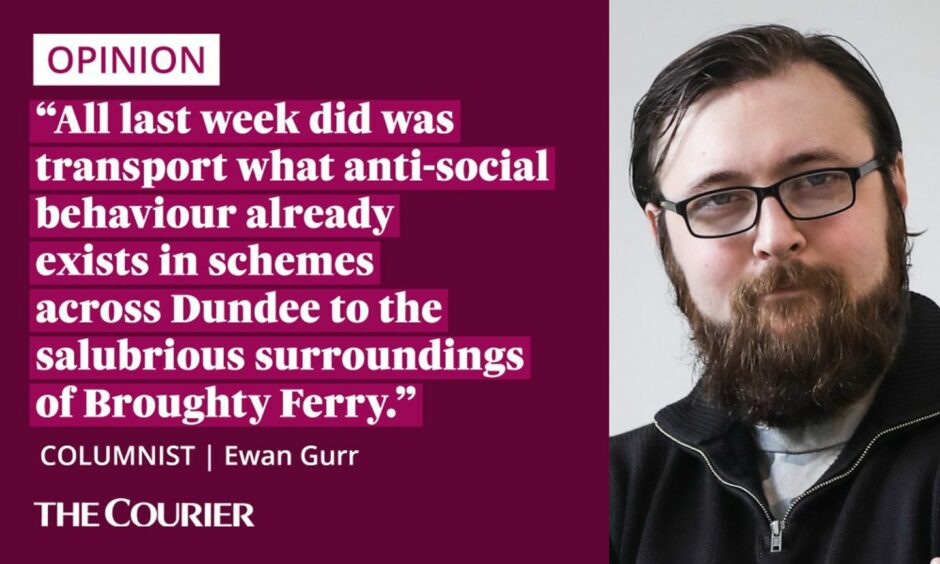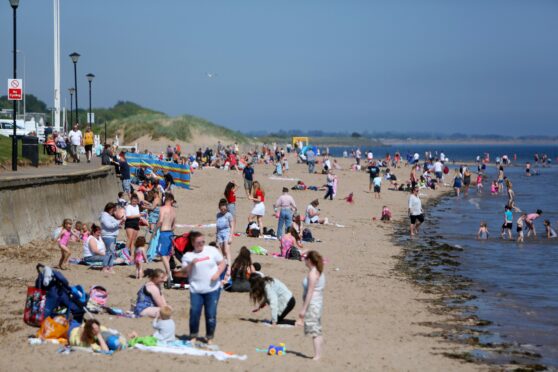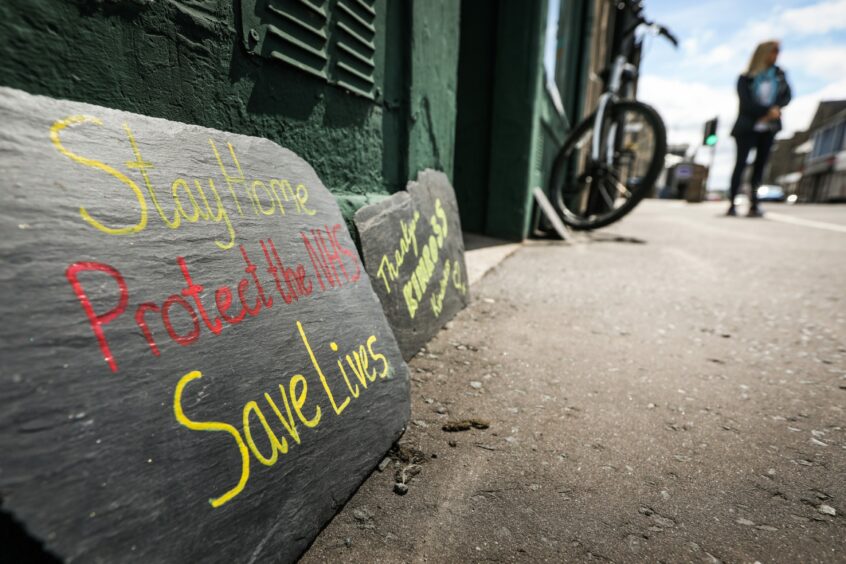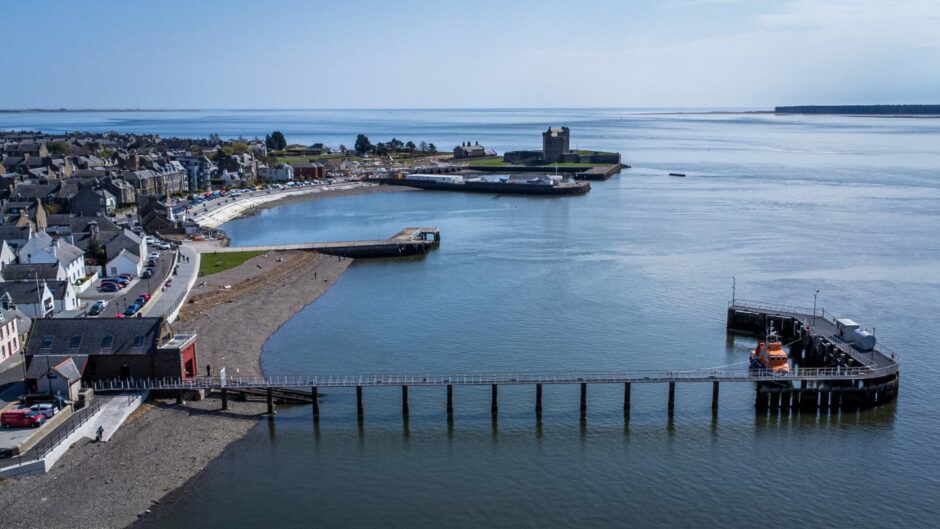Once known, due to its high-earning inhabitants, for hosting “the richest square mile in Europe”, Broughty Ferry is a wee coastal slice of paradise.
The Ferry is to Dundee what Morningside is to Edinburgh, Kelvingrove to Glasgow and Cults to Aberdeen.
Situated on the margins of our city, this peaceful and picturesque community is a beloved destination for Dundee residents and tourists.
And for some 13,000 people, it is more than that – it is home.
Last Monday, however, it turned into something considerably less tranquil.

Ferry residents looked on in horror as around 100 youngsters descended on their beachfront.
A brawl resulted in police intervention. Outbreaks of vandalism and violence were reported. A 15-year-old boy was hospitalised with facial injuries while a police vehicle was badly damaged.
Evening Telegraph editor and Broughty Ferry resident, Dave Lord, was among those who observed “vandals smashing up plant pots and window displays”.
Can we blame it on the buses?
Following suggestions that many of the youngsters had made their way to Broughty Ferry using national entitlement cards, local councillor Craig Duncan suggested consideration should be given to “either revoking… or possibly introducing a time restriction” on free bus travel if it can be shown that there is a link to anti-social behaviour.
The scheme, introduced by the Scottish Government in January, provides free travel to everyone under 22 years of age. It was introduced to encourage sustainable travel habits related to education, leisure and work.
Police in Tayside say free bus travel for teens seems to have caused an uptick in disorderly behaviour. @C_CPeebles looks into it.
Broughty Ferry beach brawl: Has free bus travel for teens played part in trouble?… https://t.co/LTkPwN9HgE via @thecourieruk
— David Clegg (@davieclegg) July 12, 2022
Currently, it is believed up to two-thirds of the 26,600 eligible young people in Dundee have applied for the national entitlement card.
My children have benefitted from precisely the stated purposes outlined by the Scottish Government.
It helps them get to outdoor education and leisure activities. It means a financial saving every time my wife and I use public transport, which is several times a month.
So while the acts of vandalism and violence are inexcusable, should free bus travel be held primarily responsible?
I think not.
Let’s look to other causes
I suspect there are a tapestry of issues at play here.
Firstly, this is the first summer since 2019 when significant Government restrictions on people’s movements have not been in place.
Secondly, several meteorologists have already stated that summer 2022 could be the hottest on record, and that rising temperatures make incidents like this more likely.
Finally, pinning these acts on free bus travel fails to hold accountable the youngsters for bad behaviour. Any consequential restrictions would penalise people not directly responsible.
To conflate free bus travel with anti-social behaviour is like comparing apples and oranges.
Alcohol-related underage anti-social behaviour has been in existence from time immemorial and no less in Dundee than anywhere else.
As someone who lives on a street with a police presence at one end and high proportion of young people at the other, all last week did was transport what anti-social behaviour already exists in schemes across Dundee to the salubrious surroundings of Broughty Ferry, offering its residents a glimpse of how the other half live.
Free bus travel does not make anyone more badly behaved.
And if these young folk were able to avail themselves of alcohol, they certainly would have been able to afford the £2.60 for a Child Daysaver if free bus travel were not available.
In other words, they would have ended up in the Ferry either way.
Instead of blaming buses, we should be looking at ways to ensure the commercial regeneration of Dundee reaches every demographic so young people are diverted from anti-social behaviour.
As Benjamin Franklin once said: “Idle hands are the devil’s playthings.”













Conversation